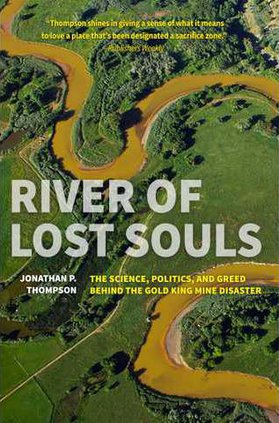Cleaning, stress-eating and a bit of family competition can all occur when hosting the in-laws during the holidays, a new video by the parenting duo Laughing Moms humorously details.
Caroline Bologna wrote for The Huffington Post that the duo teamed up with SheKnows Media to create the video, a parody of The Weeknd's "I Can't Feel My Face."
Above all, the lyrics should hit home for people preparing for in-laws' visits in the next month, according to the Post.
"The song features spot-on lyrics like, 'Gotta clean this place when I'm with you, so you'll love me'; 'I know how he likes his shirts folded,' she told me. 'Here, I'll show you how'; and 'I start to stress eat when I'm with you, but I love you.'"
Despite chronicling potential clashes with the in-laws, Laughing Moms also emphasizes what makes these gatherings worth it: the look on children's faces when they get to spend time with their grandparents, Lauren Levy wrote for POPSUGAR.
And as Rebecca Dube noted for Today, this isn't the first time the duo has captured conundrums moms often face. Earlier this year, the two Texas moms released a parody of Echosmith's "Cool Kids" called "Cool Moms."
That video showed the pressures moms face when it comes to cliques and fitting in much like in junior high, according to Today.
What was the "Cool Moms" track's main purpose?
It showed all mothers should treat each other with respect, Laughing Moms co-creater Alisha Merrick told Today.
"I've been a working and a stay-at-home mom, and you do always think the grass is greener," Today quoted Merrick as saying. "We're all so much more alike than we sometimes feel. We all need to be a bit nicer to ourselves and to each other."
Caroline Bologna wrote for The Huffington Post that the duo teamed up with SheKnows Media to create the video, a parody of The Weeknd's "I Can't Feel My Face."
Above all, the lyrics should hit home for people preparing for in-laws' visits in the next month, according to the Post.
"The song features spot-on lyrics like, 'Gotta clean this place when I'm with you, so you'll love me'; 'I know how he likes his shirts folded,' she told me. 'Here, I'll show you how'; and 'I start to stress eat when I'm with you, but I love you.'"
Despite chronicling potential clashes with the in-laws, Laughing Moms also emphasizes what makes these gatherings worth it: the look on children's faces when they get to spend time with their grandparents, Lauren Levy wrote for POPSUGAR.
And as Rebecca Dube noted for Today, this isn't the first time the duo has captured conundrums moms often face. Earlier this year, the two Texas moms released a parody of Echosmith's "Cool Kids" called "Cool Moms."
That video showed the pressures moms face when it comes to cliques and fitting in much like in junior high, according to Today.
What was the "Cool Moms" track's main purpose?
It showed all mothers should treat each other with respect, Laughing Moms co-creater Alisha Merrick told Today.
"I've been a working and a stay-at-home mom, and you do always think the grass is greener," Today quoted Merrick as saying. "We're all so much more alike than we sometimes feel. We all need to be a bit nicer to ourselves and to each other."




